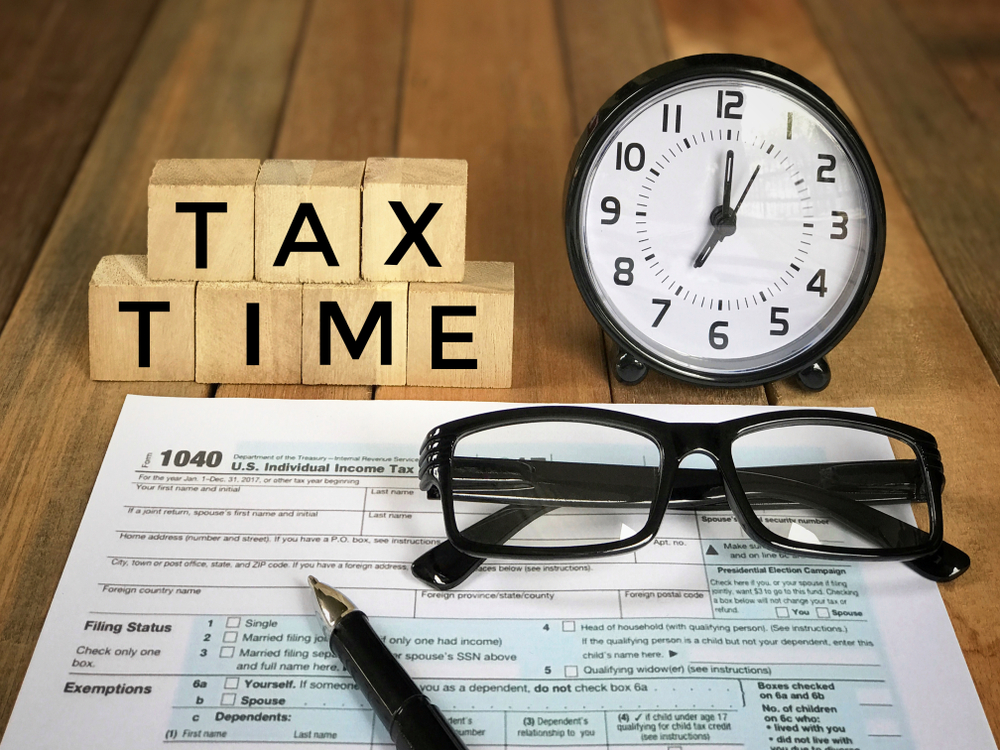Tax reform will likely affect individual tax payers as well as small business owners. Understanding the ramifications of President Donald Trump’s tax plan often requires help from tax experts. Trump’s proposal calls for personal deductions cuts except the charitable deduction and mortgage interest deduction. Simultaneously, he would double the standard deduction. Low and middle-income people would naturally choose the standard deduction, which means only the wealthy would enjoy the mortgage interest deduction. According to a report by inman.com, repealing state and local tax deductions and doubling the standard deduction could hurt home ownership, especially in high tax states. Of course, real estate investors buying rental properties will likely keep their tax benefits. Whether you own a primary residence, investment property or want to buy soon, consider some of the Trump tax proposal points. While the plan also addresses the “earned income credit,” many tax payers who qualify for the earned income credit don’t have a high enough income to buy a home. Removing the earned income credit could even motivate some couples to earn more money in order to afford a home.
Simplifying the tax brackets
Under the new tax plan, single people who earn more than $25,000 a year or married people earning $50,000 pay a simple 10, 20 or 25 percent on taxes. According to an opinion piece by The Hill, low and middle-income people who currently rent could buy a home due to the higher standard deduction. The article points out that only 30 percent of current taxpayers take the standard deduction so they don’t receive the mortgage interest deduction anyway. Although it’s unclear whether the tax reforms would hurt people in the market for starter homes, it’s likely the luxury home market will explode. People spending money on jumbo loans could itemize under the Trump plan to save on their mortgage interest, particularly if they are charitable people leveraging the charitable deduction as well.
Giving a boost to investors
An article by mynd.com suggests the proposed tax changes will not negatively impact investors buying rental homes. If the incentive to buy a primary residence truly does plummet, rental property owners reap the benefit of increased demand for rentals. For real estate investors who fix and flip properties, Trump’s plan to cut the 3.8 percent surcharge on investment income and a capital gains gap provides a major financial boost. Some of the gray areas include whether lawmakers would change the “active investor” status of rental property owners who make decisions. Tax payers who qualify with a moderate income can deduct $25,000 of rental property losses from their earned income as a special exception. The Trump administration has not released whether the special deduction for investors would remain.
Ultimately, the proposed tax changes should not deter anyone from buying a primary residence. Owning a home provides stability for families and opportunities for individuals. Some consider it a “forced savings account” that grows due to home value appreciation overtime. Owning a home is still an American dream. Talk to a tax accountant about ideas for making the most of your tax return as an aspiring home owner or current home owner.
At Roberts Tax Advisory, we help individuals and small business owners understand the ramifications of tax proposals. For more tips on individual tax planning, please contact us.








